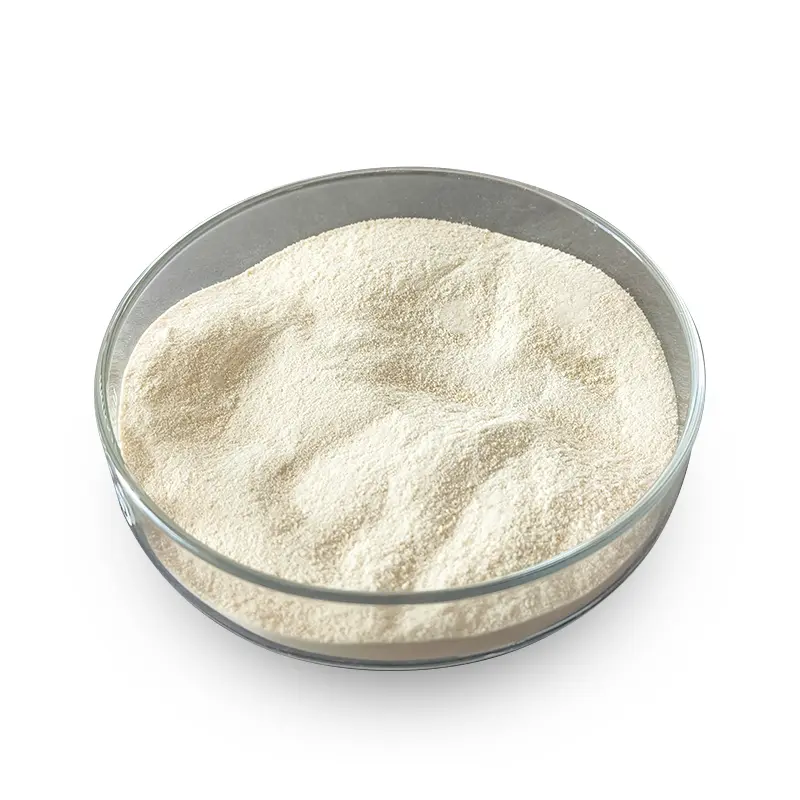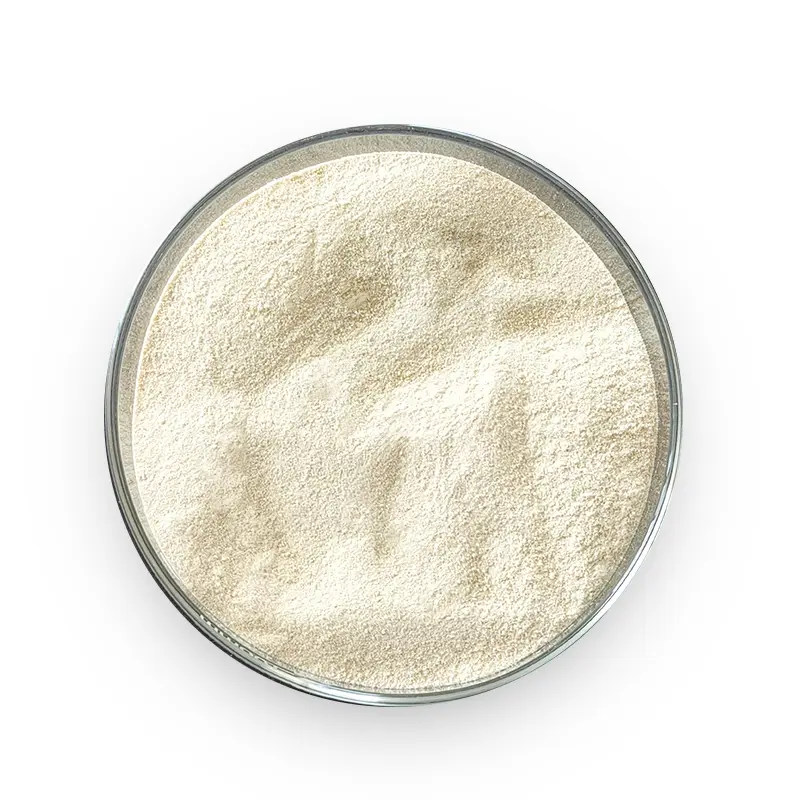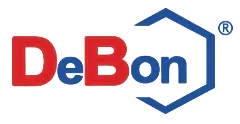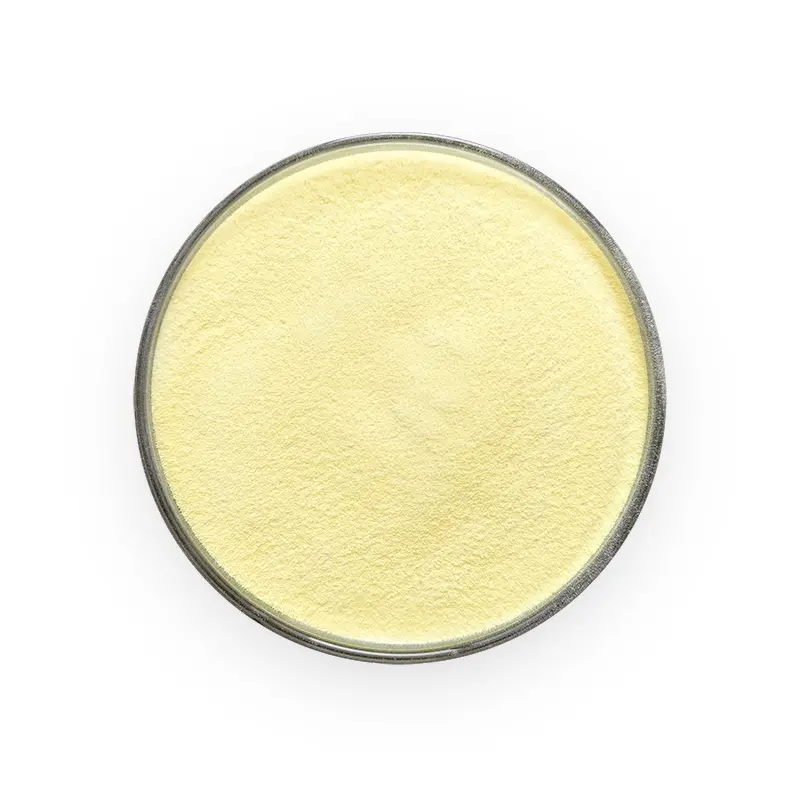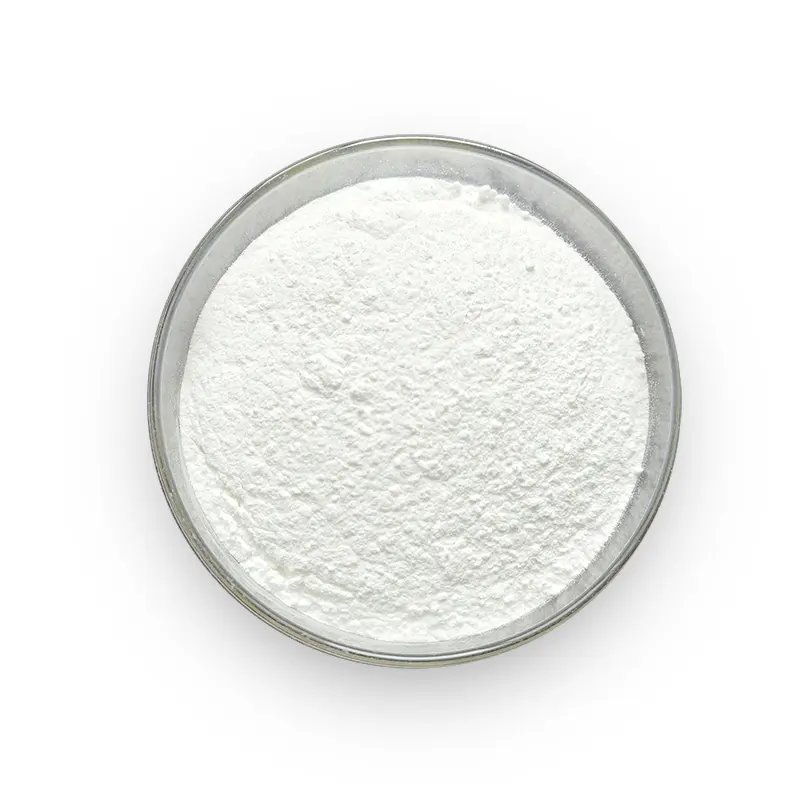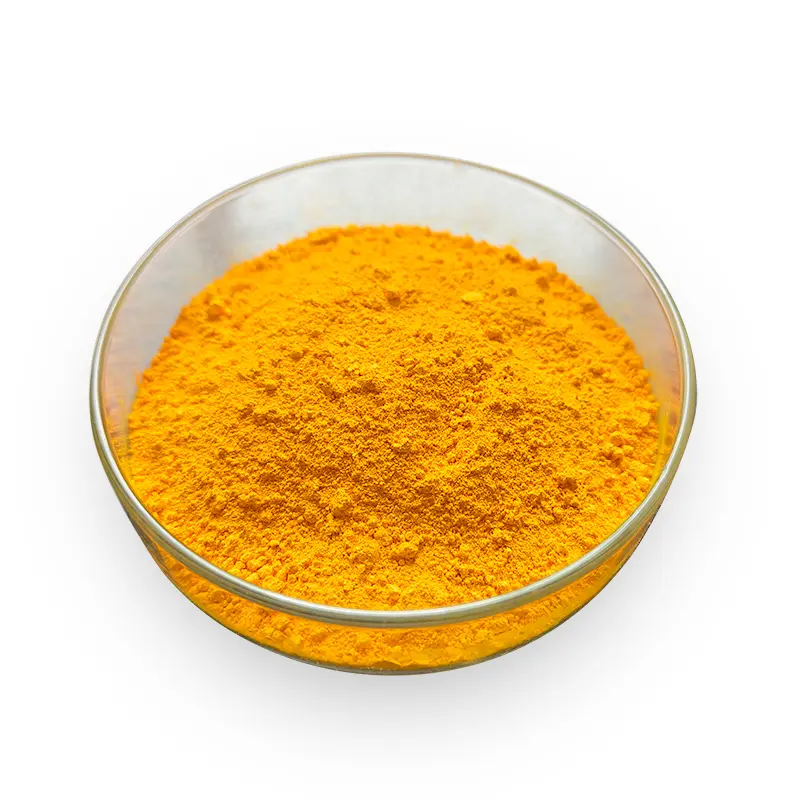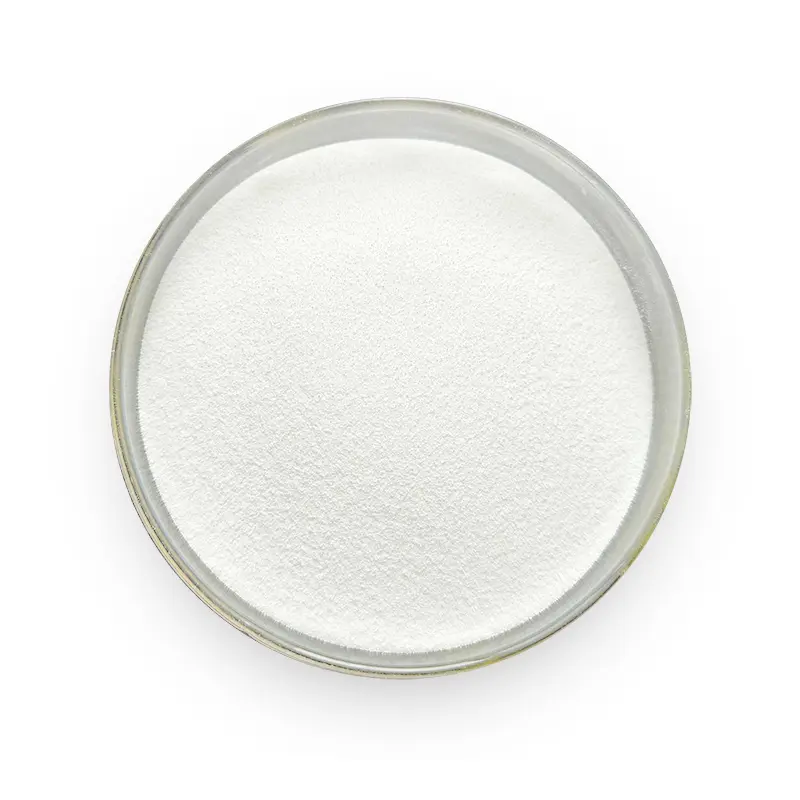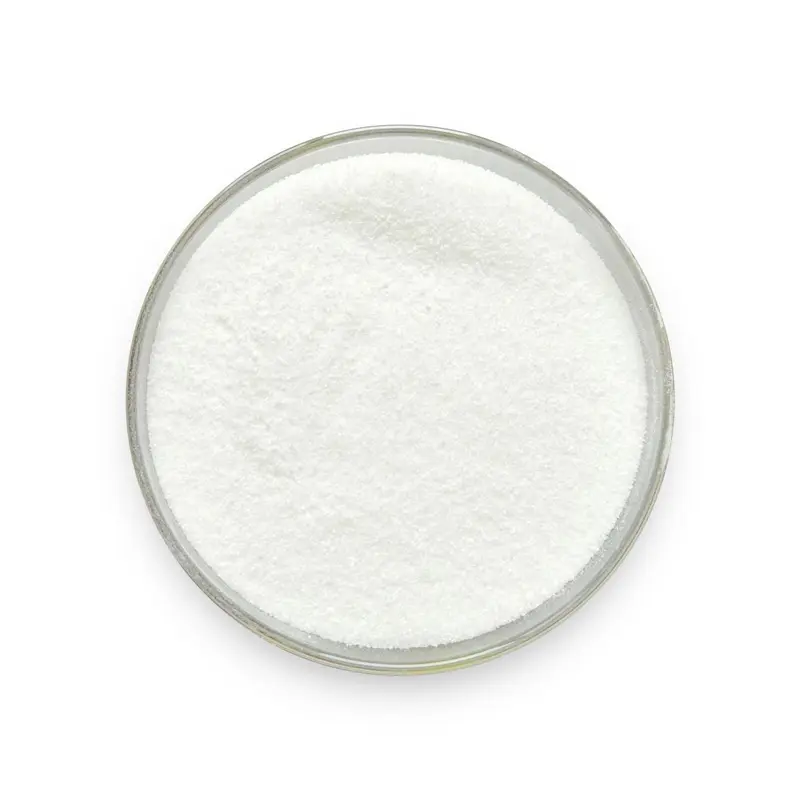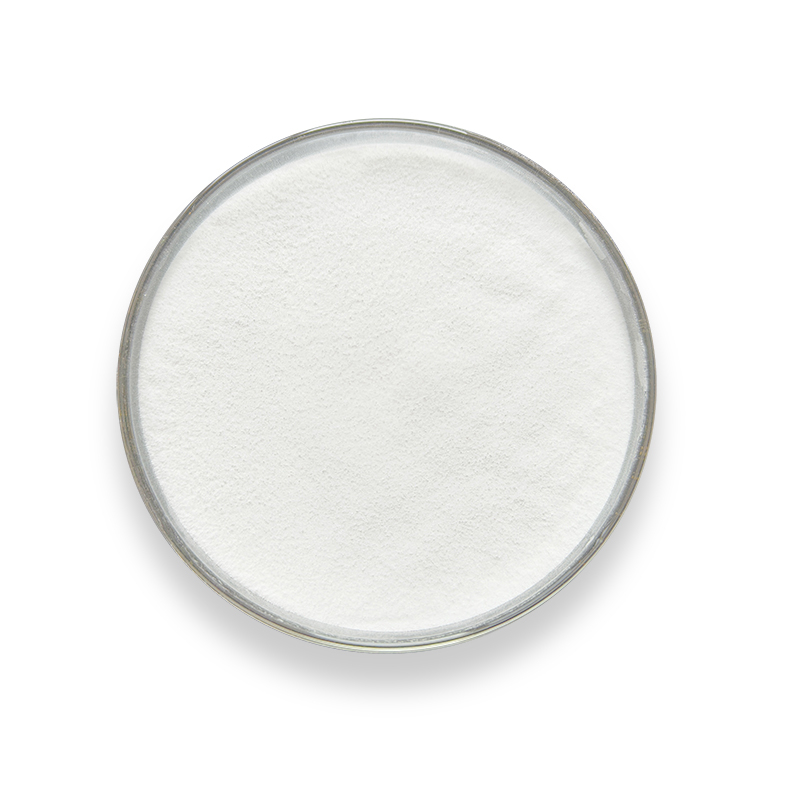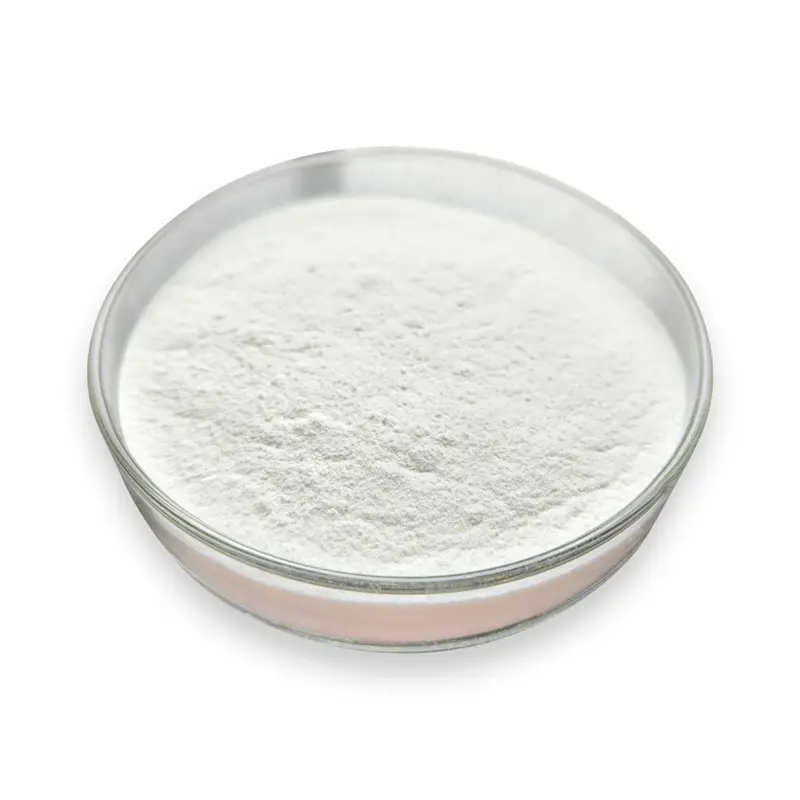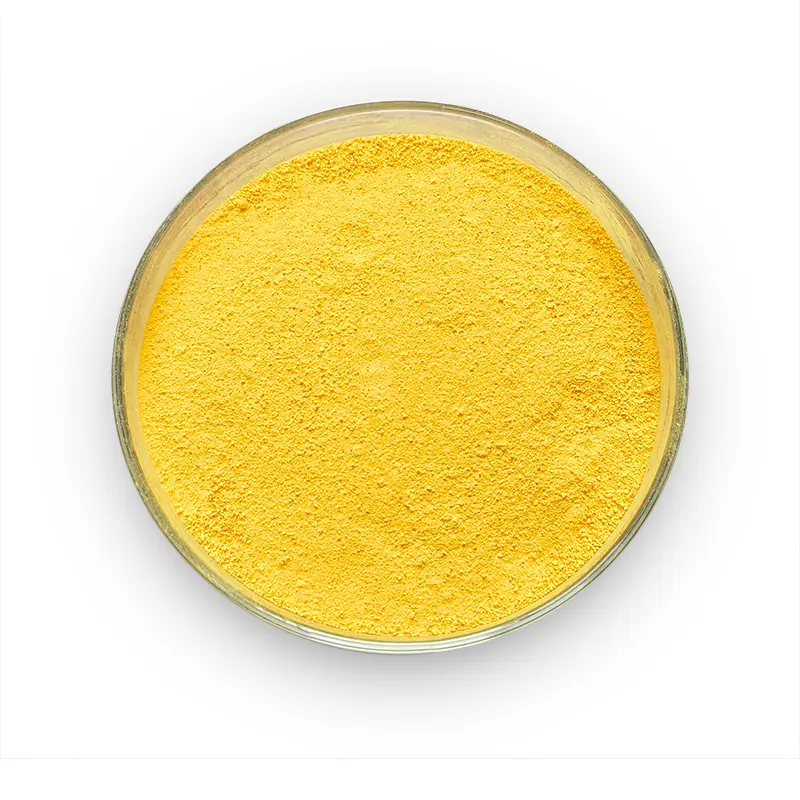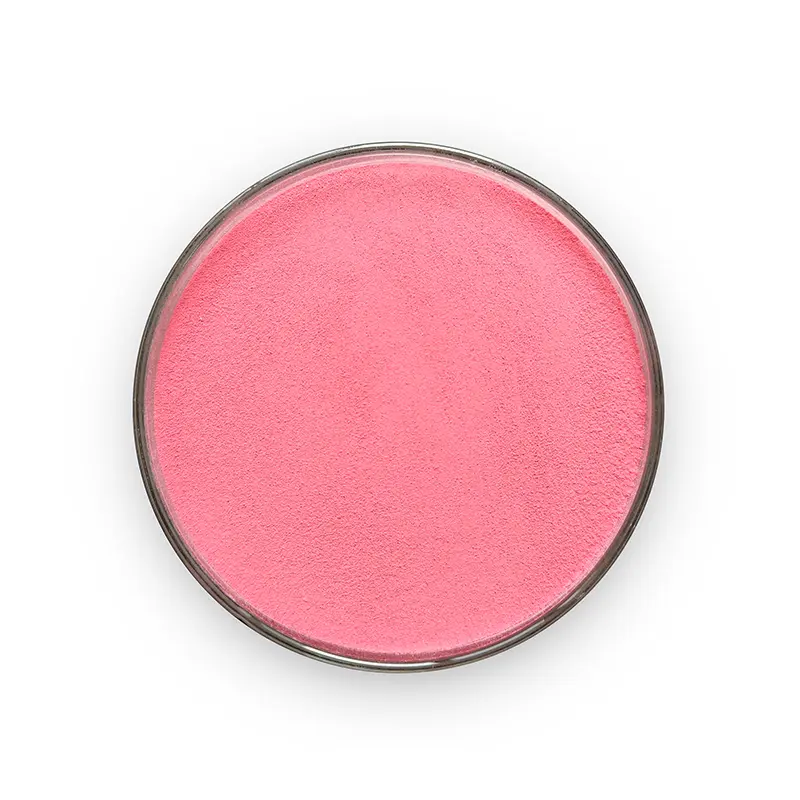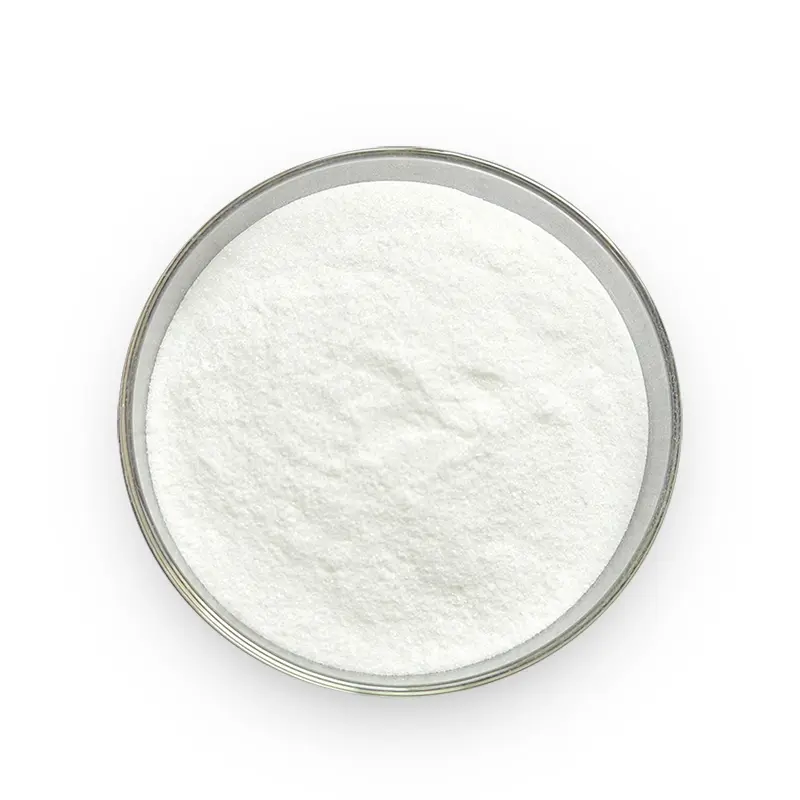DeBon Superior-Grade L-Threonine Feed Additive
Product Specifications
| Product Name | L-Threonine |
| Active Ingredient | L-Threonine (Dry Basis):98.5%–101.5% |
| Appearance | White to light brown crystalline powder |
Physical & Chemical Indicators:
| Loss on Drying | ≤1.0% |
| Residue on Ignition | ≤0.50% |
| Specific Rotation ([α]D²⁰) | -26.0° to -29.0° |
| pH (1% Solution) | 5.0–6.0 |
| Heavy Metals | Lead (Pb): ≤10 mg/kg
Arsenic (As): ≤1.0 mg/kg |
| Compliance Standards | GB 7300.101-2019 |
Functions
L-Threonine is essential for:
Protein Synthesis: Promotes muscle growth, tissue repair, and overall development in animals.
Feed Efficiency: Enhances nutrient absorption and improves feed conversion ratios.
Immune Support: Strengthens disease resistance and metabolic health.
Digestive Health: Supports intestinal integrity and nutrient utilization.
Storage & packing
Storage Conditions
Store in a cool, dry, well-ventilated area, protected from sunlight, moisture, and contaminants.
Keep packaging tightly sealed after opening to prevent degradation.
Packaging
Net Weight: 25 kg/bag
Shelf Life: 24 months
Usage & Dosage
Application: Uniformly mix into compound feed or total mixed ration (TMR).
Recommended Dosage (based on amino acid content):
Poultry: 0.2–0.8 kg/ton of feed
Swine: 0.3–1.2 kg/ton of feed
Aquaculture: 0.4–1.0 kg/ton of feed
Note: Adjust dosage according to species-specific requirements or veterinary guidance.
Additional Notes
Precautions: Avoid excessive protein intake when administered via drinking water.
FAQs
1. What is L-Threonine?
L-Threonine is an essential amino acid used as a feed additive to optimize animal diets. It supports protein synthesis, immune function, and intestinal health in livestock and poultry. The feed-grade product typically contains 98-99% pure L-Threonine in crystalline or powder form.
2. Why supplement diets with L-Threonine?
Threonine is often the third limiting amino acid in poultry and swine diets. Supplementation corrects deficiencies, improves feed efficiency, enhances growth rates, and reduces nitrogen excretion, supporting sustainable farming practices.
3.Is L-Threonine safe for animals?
Yes, it is safe and non-toxic when used as directed. Over-supplementation may disrupt amino acid balance; adhere to recommended levels.
4. Can L-Threonine replace other amino acid supplements?
No—it is designed to complement, not replace, other essential amino acids (e.g., lysine, methionine). Balance with other amino acids to meet dietary requirements.
Compatibility & Contraindications
Compatible With
Amino Acids: Lysine, methionine, tryptophan.
Vitamins: A, D, E, K, and B-complex vitamins.
Minerals: Calcium carbonate, phosphates, zinc oxide (at recommended levels).
Acidifiers: Citric acid, formic acid, lactic acid.
Probiotics/Prebiotics: Bacillus subtilis, yeast extracts.
Contraindications
Alkaline Substances (e.g., sodium bicarbonate, excess limestone): May reduce bioavailability by altering pH.
Strong Oxidizing Agents (e.g., potassium permanganate): Risk of chemical degradation.
Hygroscopic Additives (e.g., choline chloride): Pre-mix with a dry carrier (e.g., wheat middlings) to prevent moisture absorption.
High Copper/Zinc Sulphate Levels: May chelate threonine, reducing absorption.
Direct Contact with Moisture: Store away from humid environments to avoid caking.
product details
